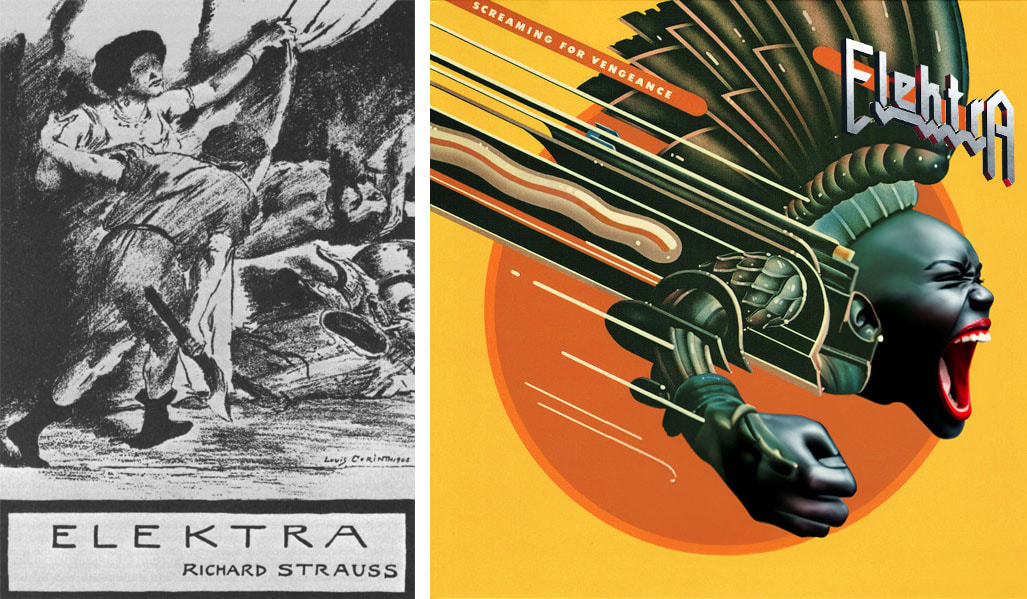|
If Richard Wagner prepared music drama to enter the 20th century, Richard Strauss kicked in the door to the 20th century door with his shock opera Salome (in 1905). Salome brought Strauss fame (and a villa in Garmisch-Partenkirchen); in that opera he drilled into the deepest layers of human degeneration with unprecedented musical intensity. In the follow-up to Salome, Strauss went even a few steps further. With its weals and woes in the house of Atreus, Elektra took domestic relations to new dystopian lows and drama in the genre of opera to new (musical) heights.
I'm not expecially fond of so called cross-over. I don't look for a Walkürenritt played on an electric guitar, it takes away some of its substance and I don't prefer a Metallica song played with violins, it takes away an important part of its heaviness. Elektra is heavy, both in substance and sound and a stainless-steel memo that good music transgresses genres (makes them obsolete). If any opera deserves the term Heavy Metal Opera, it is Elektra, a screaming-for-vengeance music drama that gives many metal acts a run for their money.
0 Comments
|
Archives
September 2023
Name/dropping
All
|


 RSS Feed
RSS Feed